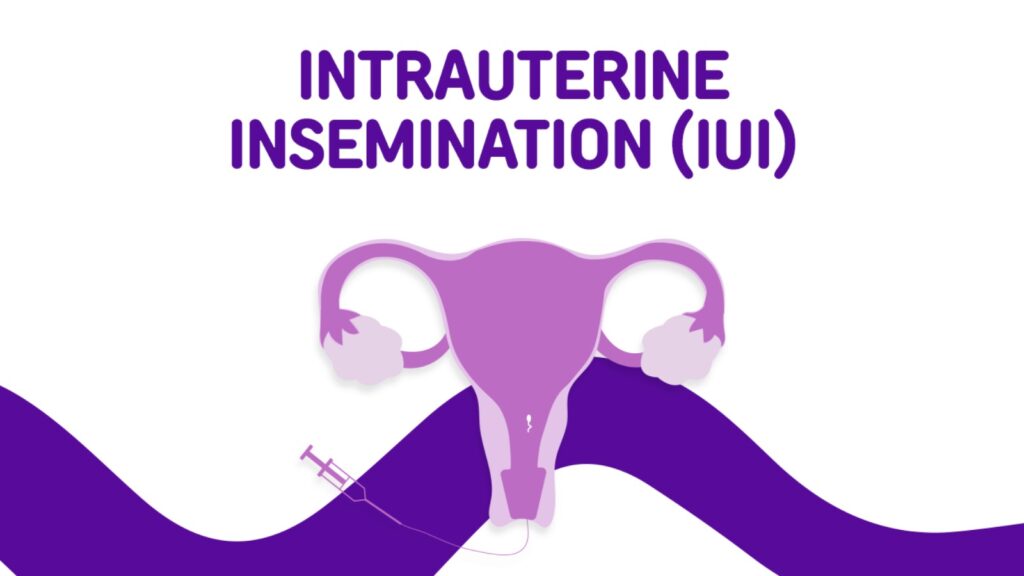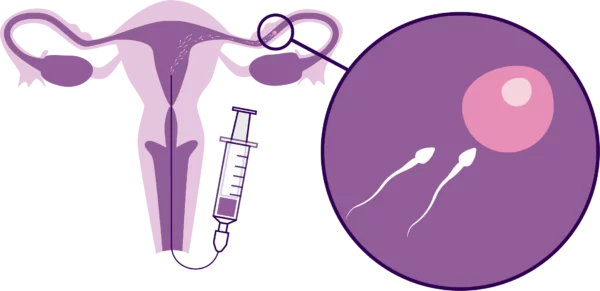PROMOTING FEMALE HEALTH AT EVERY STAGE
What is intracytoplasmic sperm injection (ICSI)?
Intracytoplasmic sperm injection (ICSI) is an infertility treatment. It involves injecting live sperm into a person’s eggs in a laboratory. This procedure can create an embryo (fertilized egg). ICSI is a form of in vitro fertilization (IVF). Healthcare providers most commonly use ICSI when male infertility affects a person’s ability to conceive a child.
Intracytoplasmic (IN-truh-sahy-tuh-PLAZ-mik) refers to the fact that the sperm injection takes place inside an egg’s cytoplasm. This is the gel-like substance in the center of an egg, made up of water, salt and other molecules.


Who needs ICSI?
ICSI is most helpful for people experiencing male infertility. Your healthcare provider may recommend ICSI if a person has: Anejaculation (inability to ejaculate).
Blockage in their male reproductive system.
Low sperm count.
Poor sperm quality.
Retrograde ejaculation (semen flows backward into their bladder).
ou may also need ICSI if:
Traditional IVF hasn’t led to the creation of embryos.
The person supplying the eggs is older than 35.
You’re using previously frozen eggs or sperm (cryopreservation) to try to conceive.
- What happens during intracytoplasmic sperm injection?
During ICSI, your healthcare provider:
Uses a pipette (small glass tube with a suction bulb) to hold the mature egg in place on a lab dish.
Immobilizes and picks up one sperm using a thin needle.
Inserts the needle into the egg to reach the cytoplasm.
Injects the sperm into the cytoplasm.
Withdraws the needle from the egg.
- Risks / Benefits: What are the benefits of intracytoplasmic sperm injection?
Compared to traditional IVF, ICIS appears to be more successful in helping those experiencing male infertility become parents. Some centers do ICSI for all people, regardless of infertility diagnosis.
- What are the risks of ICSI?
These complications may occur with ICSI:
Damage to some or all of the eggs during needle penetration.
An egg doesn’t fertilize after the sperm injection.
An embryo stops developing in the lab or after embryo transfer.
Frequently Asked Questions
Who is eligible for ICSI?
The candidate must be at least 17 years old at the time of application. To be eligible for registration to the Executive Program, applicants must have completed Class 12 Graduate/Post Graduate candidates who were qualified to pursue registration directly to the Executive Program must also qualify CSEET.
Who benefits from ICSI?
ICSI is most helpful for people experiencing male infertility. Your healthcare provider may recommend ICSI if a person has: Anejaculation (inability to ejaculate). Blockage in their male reproductive system.
